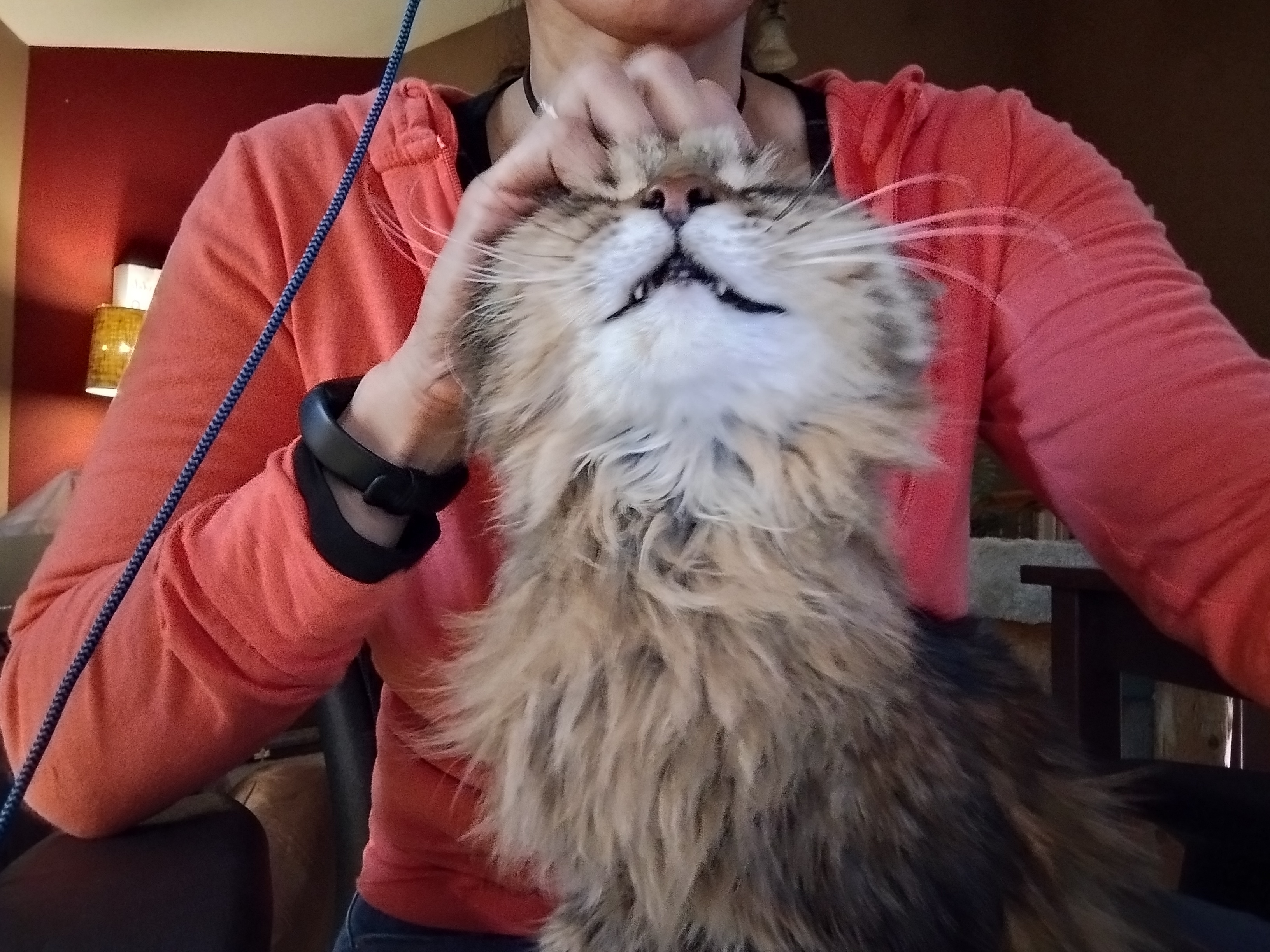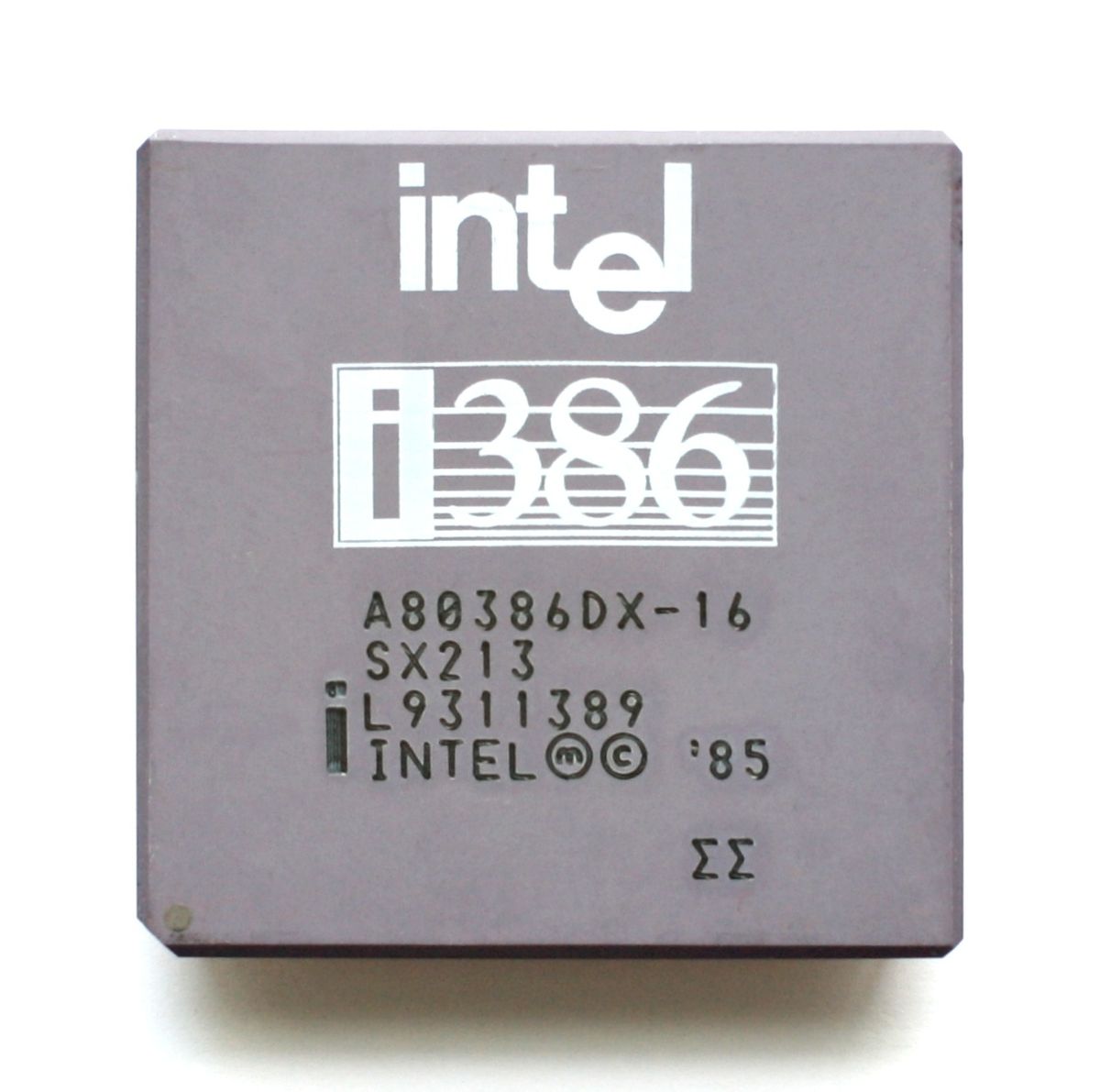Nowadays, most people use password managers (hopefully). However, there are still some passwords that you need to memorize, like master password (for a password manager), phone lock, wifi password, etc.
Security wise, can passphrase reach the strength of a good password without getting so long that it defeats the purpose of even using it?
Disk encryption, computer login, and password manager are pass phrase + random characters stored on a pin protected OnlyKey and/or Mooltipass.
Regular passwords are just random characters up to
min(max_len, 128).correct horse battery staple?
All I see is “****************************?”
What did you type?
you can go hunter2 my hunter2-ing hunter2
I found it amusing when the security team in my company sent me parts of my password in plaintext saying it was insecure (because it didn’t have special characters in it) and recommended I use a password manager
The account is used for the ancient VPN software and all of our ssh management tools
And windows login if you’re using windows.
Yeah good luck using a randomly generated password that you have to type in multiple times everyday
The account is used for the ancient VPN software and all of our ssh management tools
And windows login if you’re using windows.
If you’re using one password for all those things, you’re doing it wrong. Even if the passphrases you pick are easy to remember and type, they should be distinct.
If it’s one “account” then it likely has only one password.
That’s SSO for you
Isn’t the bigger issue here that they can see the plaintext password?
Yeah I actually gave them shit about it and they just handwaved it away
I use a short passphrase that I made up that only I and my husband know. It consists of numbers, a special character, a word, and more numbers.
Then whatever I’m logging in to, my password consists of something relevant to the thing, with my passphrase appended to it.
I use diceware passphrases for any passwords I need to type in (ssh keys, logging in, decrypting my hard drive, master password for password manager, etc). It’s the most secure way of setting a password you have to remember and type. Especially since my auto generated passwords contain special characters I wouldn’t be able type without just using those ways of entering some escape sequence and typing a unicode sequence.
For my personal life I use a password manager, like most people in this thread. For my master password I really want a secure password (LastPass really reinforced the value of that), so I use a passphrase that is then hashed using an algorithm I can do in my head, so it’s a long string of high entropy alphanumeric gibberish that I can remember easily.
At work my IT dept seems to be stuck 10 years in the past, so they have now implemented a policy that our passwords must be at least 16 characters. They keep ignoring my suggestions to get some form of corporate password manager, so I have my work passwords stored in a text file that I’m not allowed to have any form of file encryption so it just sits there in my documents folder. It’s probably not going to be the source of our company getting penetrated, but I don’t consider it secure.
I do like pass phrases because I find them easy to remember, but my current prime work one is really easy to make typos, so I now use the reveal password button more than I ever have before.
At work, if you have the option, consider using KeePassXC or similar software. That will give you a properly encrypted file with secrets and also password-manager features.
most people use password managers
You don’t know many boomers, do you?
According to security.org survey data, in 2021, 22% of Americans said they used a password manager, but in 2023, the percentage increased to 34% with a further 10% of users saying they use a security passkey or other physical password device.
So in the most generous interpretation of that, just over half of people are not doing anything secure.
I’m a big car guy so I typically use car makes and models but never ones I actually own, usually I’ll go with some like SubaruImprezaWrxSti2012 except I scramble the order of the words and throw the year in a random position. This is really easy to remember while also being long and insane enough to be difficult to guess.
I use a leetified (using my own custom flavor) passphrase as my master password - I can type it really quickly and it’s obscure as hell so I’m happy with it.
I use a passphrase in order to get into my password manager, but that’s it. Because my password manager handles all the rest of them and makes it way more random than I could ever dream of.
How do you log in to your computer though?
Okay, I didn’t even think of that one, but yeah, I have two passwords. One logs me into the computer, and one logs me into my password manager.
Bitwarden can generate password phrases. Some other password managers too. In the occasion you have to type out your password a password phrase is a lot easier.
I use passphrases for frequently used logins and randomly-generated passwords of varying lengths for everything else. I also use a hardware key and/or 2FA for everything that allows it.
I’m conversationally fluent in a few different languages (enough to order food, greet people and ask directions to the shitter, anyway) and I can swear in another half-dozen languages so I tend to mix’n’match my passphrases with different foreign words. Bonus points for accented characters. That’s probably not gonna fool a dictionary-based attack but since I live in a (mostly) English-speaking country, it might make it interesting for the English-only speakers to try guessing.
At work, we’re held to the outdated policy set by the IT department so it can be difficult to be creative. On top of that, they force a password change whenever someone sneezes so I see a lot of sticky notes on monitors and under keyboards.
Edit: spelling and grammar.
I once had to change a password every 30 days.
And it couldn’t be a password I’d used before. Along with ridiculous requirements (but not as ridiculous as the 30 day thing).
You’d think it was a password to get into the NSA’s database or something.
Nope, just a (not very) random website.
I made a passphrase for my laptop in bitwarden and didn’t think I’d remember the 10 word passphrase but after a few days of typing it I now remember it. All other alphanumeric passwords I would need a keyboard in order to type it out if I remember
can passphrase reach the strength of a good password
Relevant xkcd: https://xkcd.com/936/
I’d love to hear from someone well versed in security if this is legit or significant weaknesses exist, but the math seems to check out as far as I can tell.
That’s basically a Diceware passphrase. And, it’s kinda ok. The amount of entropy is pretty significant (close to what the comic lists, if the Wikipedia article has it right). And it’s really easy to add more entropy. I often recommend passphrases to my users (I work in Cybersecurity) and use them myself. Take a sentence, with spaces, capitals and punctuation. Now throw in a few numbers for fun and stop worrying about brute force attacks, until some idiot decides unsalted MD5 is perfectly fine for storing passwords. Most such passphrases will blow right past the 4 words in that comic and are very easy to remember. Even better, make that the passphrase for your password vault (oh look a plug for KeePass). Then have the rest of your passwords all be unique, 20 character jumbles of letters, numbers, and special characters.
Also, enable Two-Factor Authentication (2FA) wherever possible. Even if it’s just a One Time Password (OTP) sent via SMS (which is a shit way to do 2FA), that’s better than no 2FA.
Dictionary attacks have been around for a long time, but It’s still quite strong especially if you throw in a number.
A fully random 8 character password has about 10^14 brute force combinations (assuming upper and lower case + the normal special characters). 4 words choosen at random from the top 3000 words (which is a very small vocabulary really) is 10^13 dictionary attack combinations, add a single number or account for variations in word style (I.e maybe don’t always use camel case) and you’ve matched the difficulty. If you use 5 words it’s 10^17 combinations.
(This is basicly copy pasted from a comment I made earlier)
i also dont really get it. the bitwarden pw tester says it will take 14 years to crack “its.a.beautiful.day”, write beautiful with 2 t`s and it will take “centuries”? 🧐
but yes i still use them. but always with numbers and random characters in between and words from multiple languages or fantasy words.
That would be because the pattern on the first password are correctly spelled words and the way passwords are cracked offline (when there’s a leak of data being sold somewhere) is that they use dictionary attacks.
This means that a big file containing all known words, and can also include known used passwords from past leaks, is used to try a lot of combinations. A combination of good words that appear 1:1 in these word lists will score way lower in terms of difficulty for a computer to crack. A simple script can add spaces and periods (like your example) between words and they WOULD get your password. By adding only one random character that doesn’t fit a pattern (just like your second ‘t’), you basically force the cracker to try all possible combinations of all characters for the length of your password, which is WAY more difficult.
TLDR: There are more combinations of aaaaaaa, aaaaaab, aaaaaac then there are of matching words together for the same length of password (one.one, one.two, one.three)
but even 14 years seems long for a pharase that is said and written millions of times per day. and if those crackers can make billions of guesses per second how can they not guess both variants within minutes?
related question. how to make a good password bettter? adding a few extra special symbols like “µ£₹” or one long word like “freshwatercrocodiletesticles”?
In other words, don’t use “correct horse battery staple” because that’s probably in every word list by now
If your services are storing passwords properly with a salt, dictionary attacks (including rainbow tables) are just as time-consuming to perform, since the salt renders each password hash unique; even for the same passwords.
So the same principle still stands; the longer your password, the longer to guess - as long as the encryption-at-rest is done correctly.
For what a civilian target would worry about, using sufficiently long passwords is your best defense. Complexity is barely important.
111111111111111111111111111.1111 is an excellent password.
Everyone should Ctrl+f their password here. But also wait the 10 minutes it’ll take to load the whole thing.
If your pw is on this list, change it immediately.
If it’s less than 8 chars? Change immediately. If it’s less than 10 chars? Change… Now.
If it’s less than 14 chars, consider just making your password longer.
This advice will save more people in its simplicity than saying more.
Want a smidge more?
If you’re paranoid, take a password that you think is decent, then insert it here, then use the output as your password.
Most times, pws aren’t stored in plain text, they’re stored using that algorithm. So, if your password is ‘password’, hackers night easily be able to see that your passwords encrypted value is exactly what that link will output if you put in ‘password’. If your password is on that huge list from the beginning of the post, they can easily decrypt the encrypted password, because these passwords’s hashes are known.
So, use the hash itself as a password.
Hell, throw a comma at the beginning to throw it off.
In terms of security? Sure. We’re talking about password entropy here.
My cybersecurity prof at uni showed us this xkcd during class lol

















